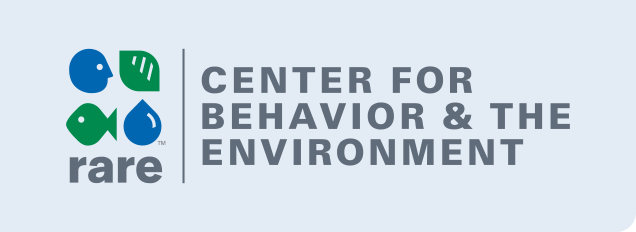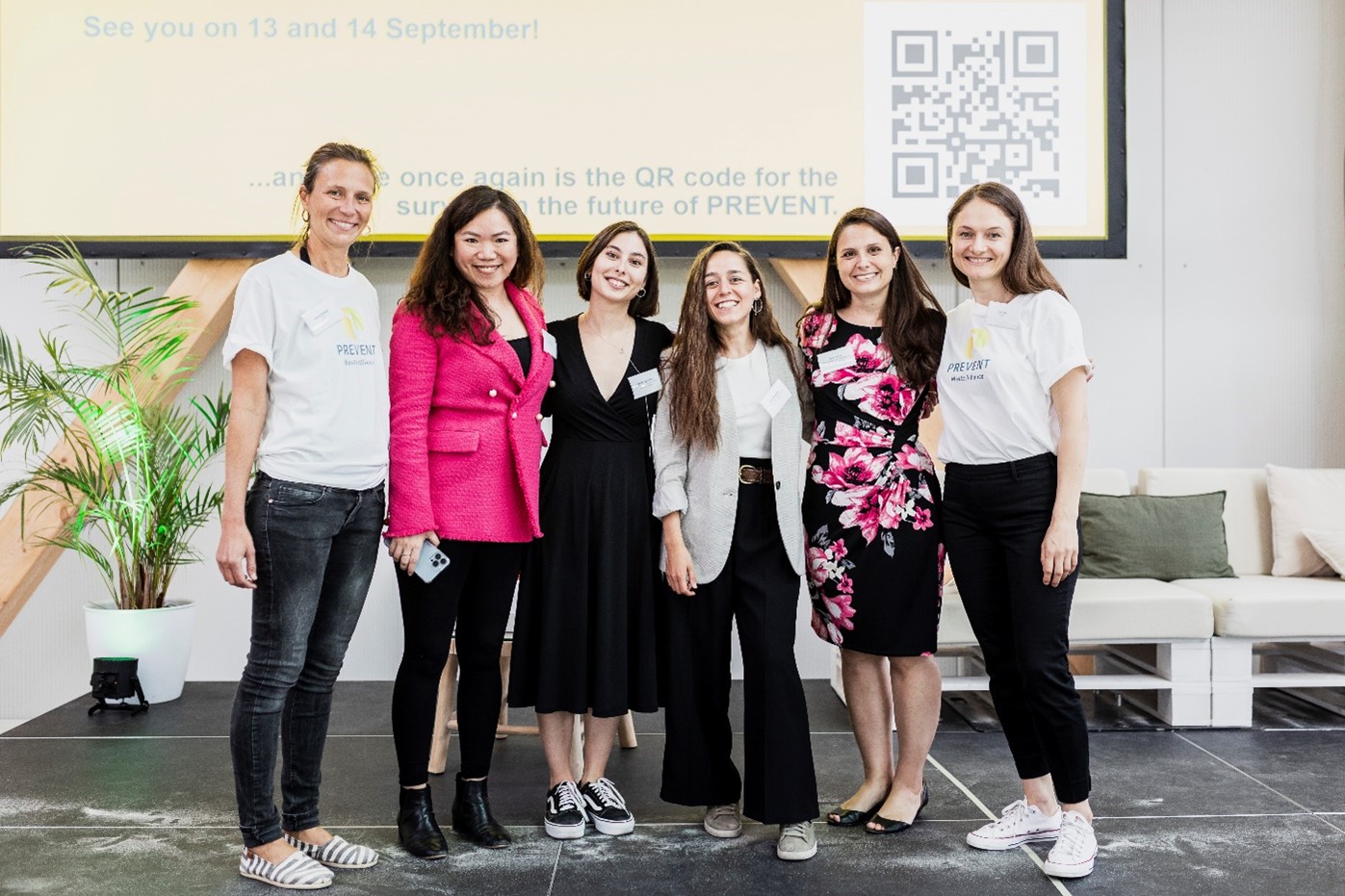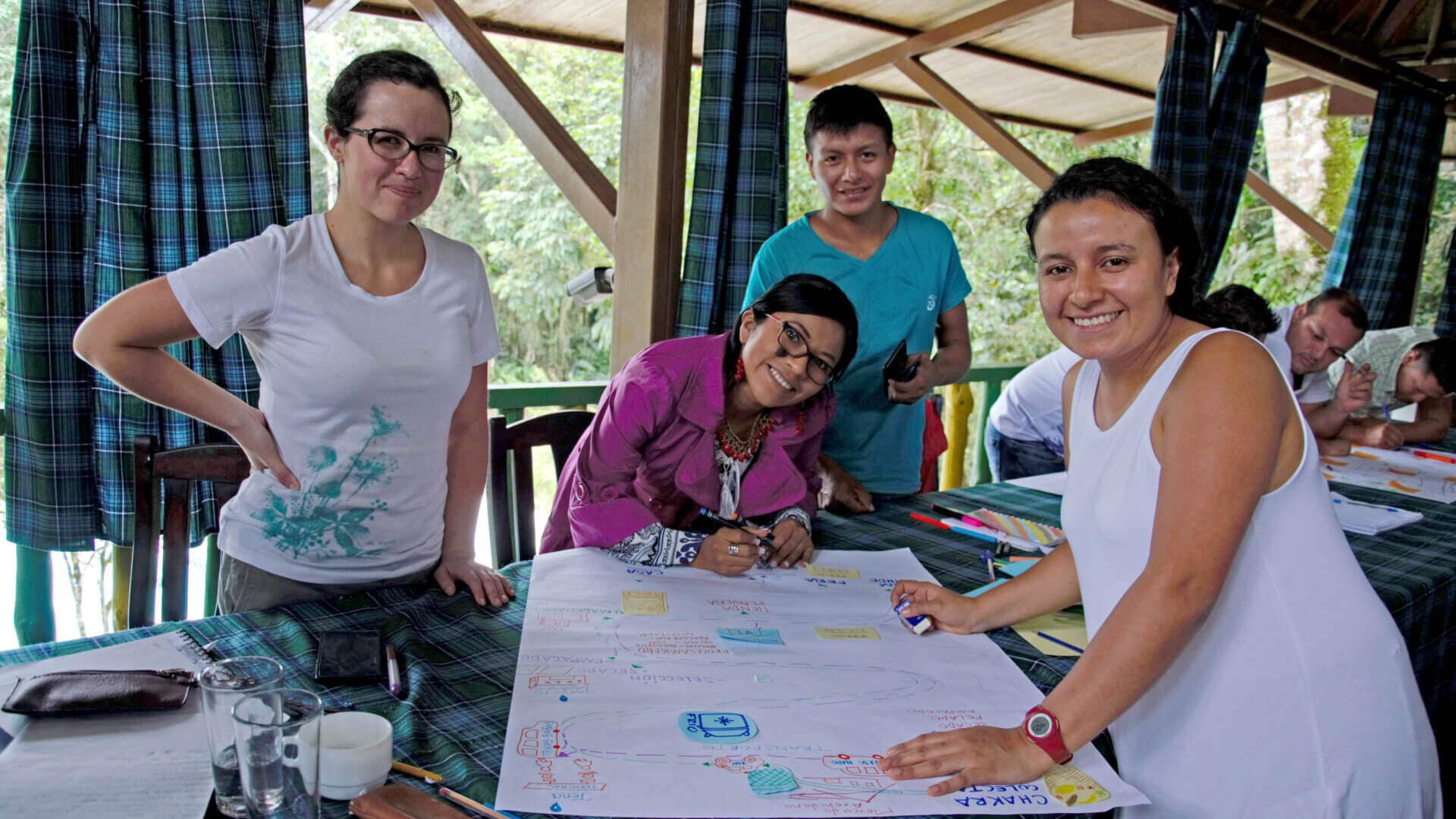In order to expand the behavior change toolkit of key practitioners in the sustainable waste management space – like the 200+ members of the PREVENT Waste Alliance – the Center for Behavior & the Environment (BE.Center), in partnership with the Deutsche Gesellschaft für Internationale Zusammenarbeit (GIZ), delivered a Behavior-Centered Design Innovation Competition, BE.Innovative. The competition sought to accomplish two primary outcomes:
· Strengthen and further develop the capacity of participating Alliance members to apply behavioral insights effectively; and
· Surface and spotlight new, behaviorally informed and innovative solutions to marine litter, e-waste and other pollution challenges



